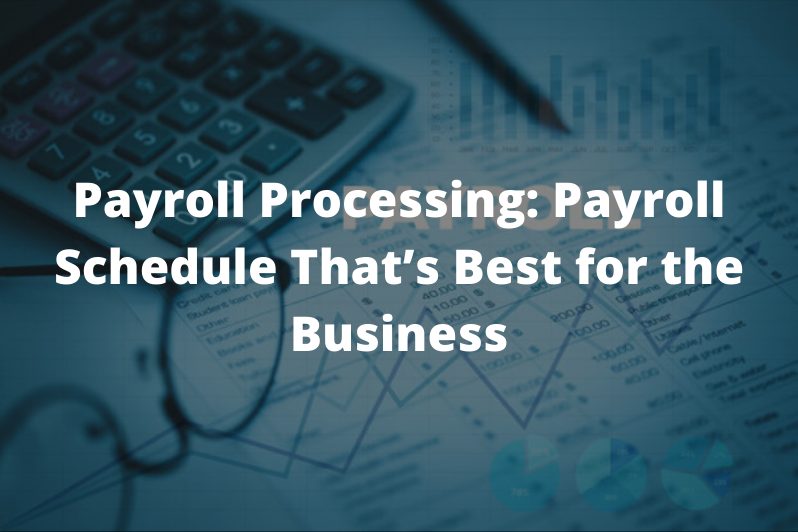The IRS has been busy gearing up for the end of the year along with every payroll department in the country. As you move toward the busiest time of year for payroll, here are some updates issued from the IRS to employers and payroll professionals.
1. Scam Alert
The Employee Retention Credit (ERC) was part of the CARES Act and encouraged employers to keep employees on their payrolls during the pandemic.
Scammers have recently been taking advantage of this rather new credit by contacting payroll departments to advise them to claim the ERC when the company may not qualify for it.
One way to know that you’re being scammed is that the “advisers” will ask for a substantial fee upfront based on the amount of a refund. They will not advise that the wage deductions the company is claiming on their federal income tax return must also be reduced by the amount of credit.
If you have fallen victim to this scam already, you need to file an amended return to correct the wage deductions amount you reported if you filed claiming the credit before wages were deducted before an employment tax return.
As an employer, it is ultimately your responsibility to report and pay employment tax whether or not a third party does so on your behalf. If you fall victim to the scam, you will not only have to pay back the credit amount, but you will also need to pay penalties and interest. Be alert!
2. E-Filing Third Quarter Payroll Returns
The IRS highly encouraged employers to use the electronic system to file their quarter payroll tax return by October 31. The IRS highlighted the benefits of using the e-filing system including how much time will save you and how secure your filing will be. When you use the e-filing system, you’ll save tons of time with the auto-population feature, which puts in all the necessary information for you and provides step-by-step calculations to ensure accuracy. You can also rest easy knowing that your return is not lost in the mail somewhere. The IRS will send an acknowledgment of receiving your return within 24 hours.
If you’re looking for the best way to use e-filing to save you time and keep you in compliance, you can use IRS-approved software or hire a tax professional.
3. Tax Returns After Disaster Hits
The last update was the IRS reminding businesses that should a natural disaster strike their business, destroying tax records, these files should be rebuilt quickly. While safety and other assets certainly take precedence, your tax records may be necessary to get federal assistance or insurance reimbursement.
If you need to begin this process, you can access free tax return transcripts through the IRS’ Get Transcript site or by calling the IRS and speaking with an agent.
There are also resources for receiving copies of your financial statements and property records to assist with your rebuilding process.
Make sure you’re staying in the loop with all the information you need to keep your company in compliance. For all the updates you need, look no further than Complete Payroll’s blog site. Our site features hundreds of articles about everything HR and Payroll to ensure your department is running smoothly. Check us out today!




